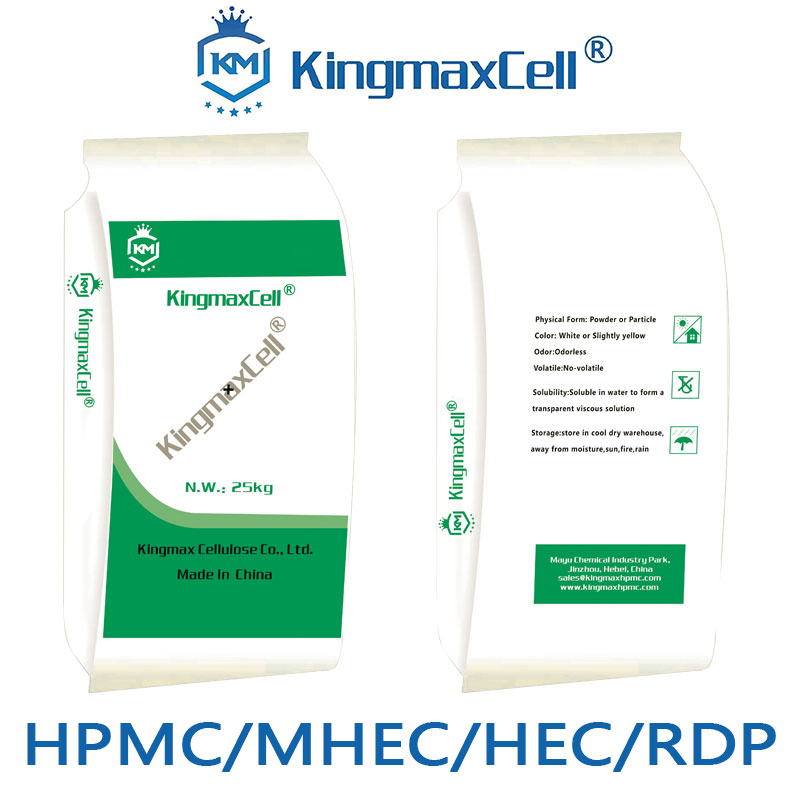Methylcellulose, a versatile compound found in a variety of products ranging from pharmaceuticals to food, often raises questions about its shelf life and stability. Understanding whether methylcellulose can go bad is essential for consumers and manufacturers alike. So, let’s delve into the science behind methylcellulose and explore its longevity.
Methylcellulose is a synthetic derivative of cellulose, a natural polymer found in plants. It is widely used in various industries for its thickening, stabilizing, and emulsifying properties. In the realm of food production, methylcellulose serves as an essential ingredient in products like baked goods, sauces, and dairy alternatives, where it helps improve texture and consistency.
One of the key attributes of methylcellulose is its resistance to microbial growth and degradation. Unlike organic compounds that can spoil over time, methylcellulose remains stable under typical storage conditions. Its chemical structure, characterized by the substitution of hydroxyl groups with methyl groups, renders it inert to enzymatic activity and microbial attack, thereby prolonging its shelf life.
However, like all substances, methylcellulose can experience changes in quality over an extended period. Factors such as exposure to light, heat, and moisture can contribute to degradation, leading to alterations in its physical and chemical properties. These changes may manifest as a loss of viscosity, diminished thickening ability, or the formation of clumps or aggregates.
To mitigate the risk of degradation, manufacturers often store methylcellulose in tightly sealed containers away from direct sunlight and moisture. Proper storage conditions help maintain its integrity and extend its usable lifespan. Additionally, periodic quality assessments through analytical testing ensure that methylcellulose meets specifications for intended applications.
While methylcellulose may not technically “go bad” in the same way that perishable foods do, its efficacy can diminish over time if not stored properly. As a result, it’s prudent for consumers and manufacturers to adhere to recommended storage guidelines and perform regular quality checks to ensure product consistency and performance.
In conclusion, methylcellulose is a resilient compound with a long shelf life when stored appropriately. Its resistance to spoilage makes it a reliable ingredient in various industries, including food production and pharmaceuticals. By understanding the factors that influence its stability and taking proactive measures to preserve its quality, we can harness the full potential of methylcellulose in enhancing the texture and functionality of diverse products.


